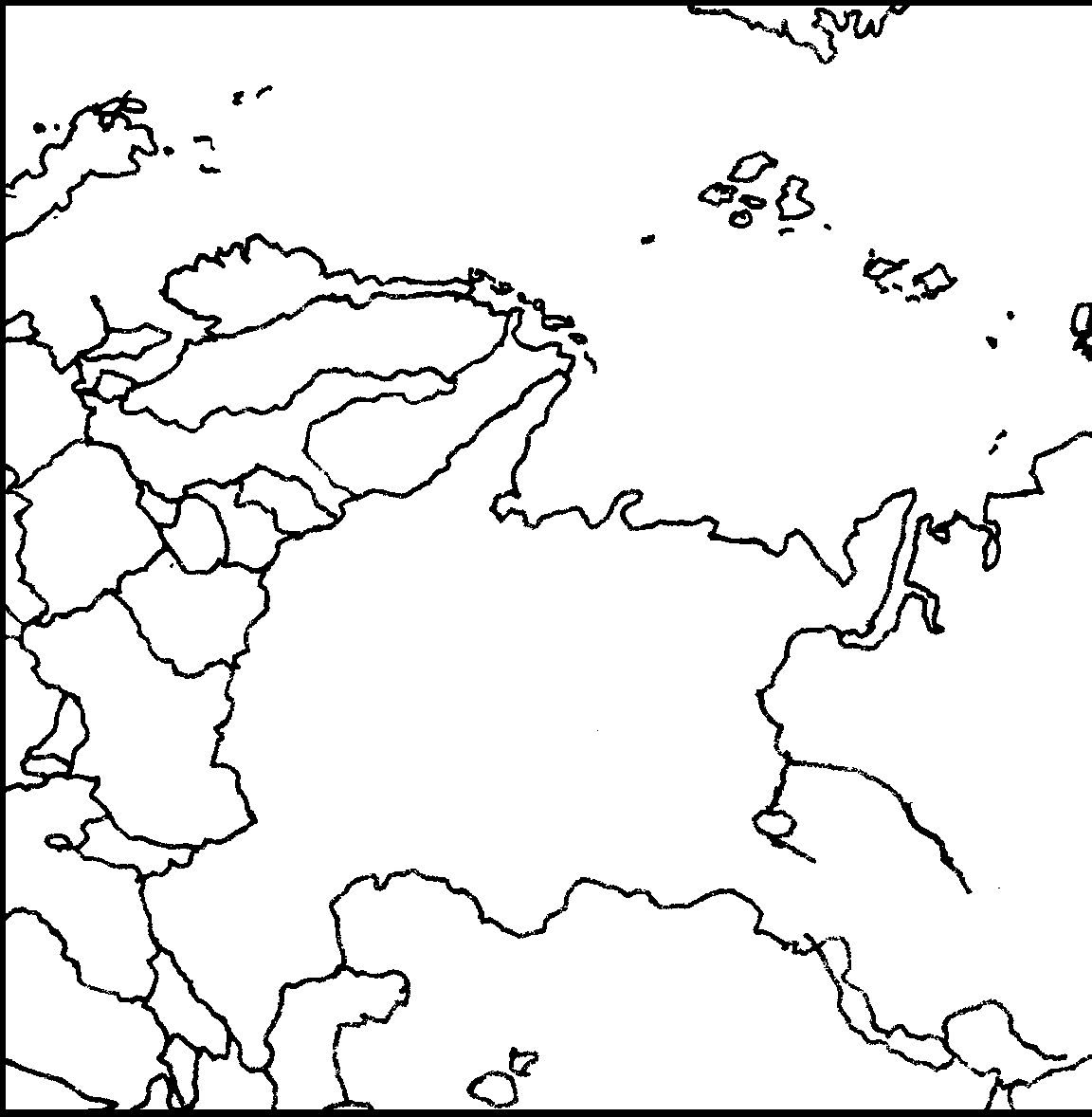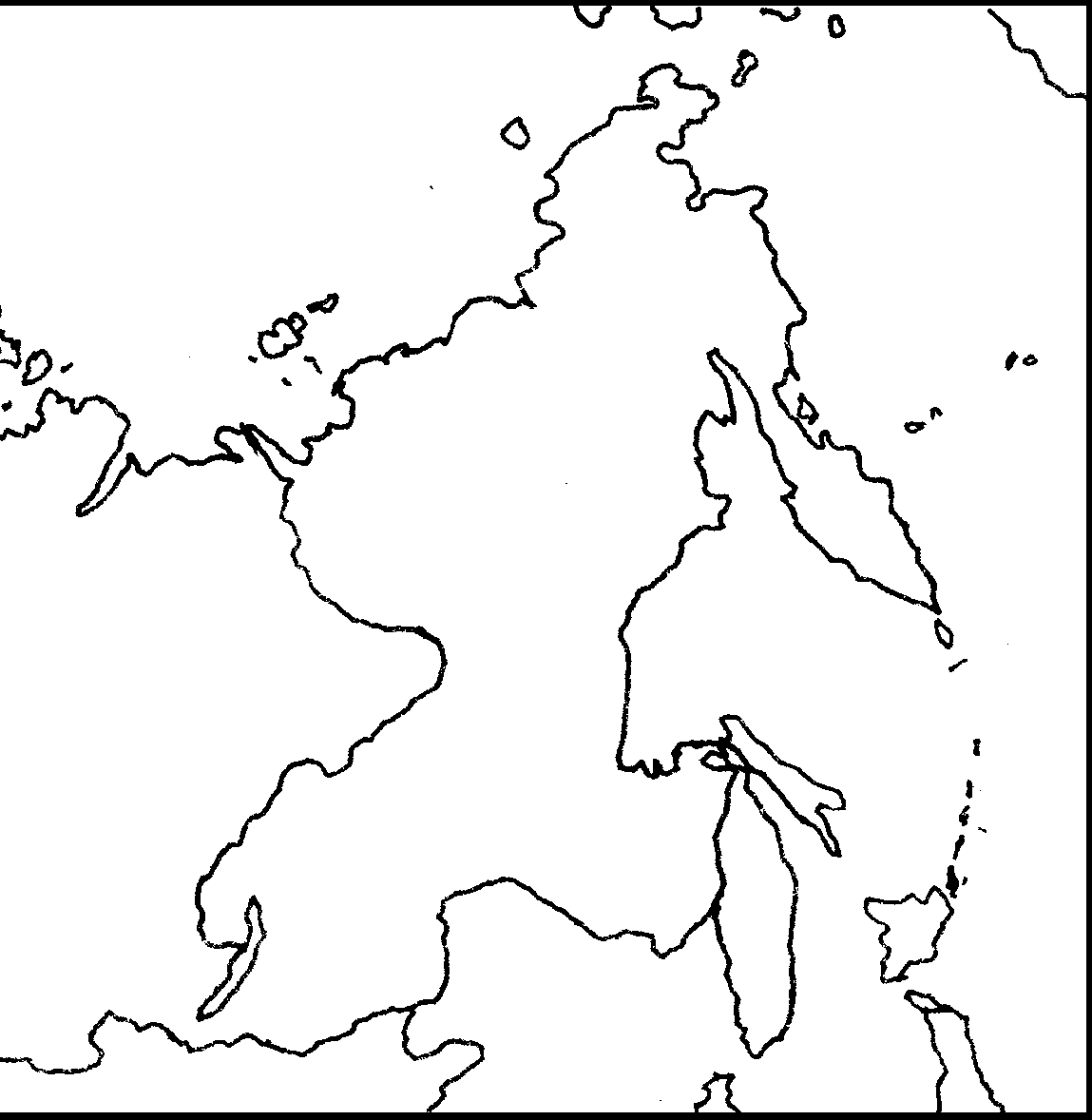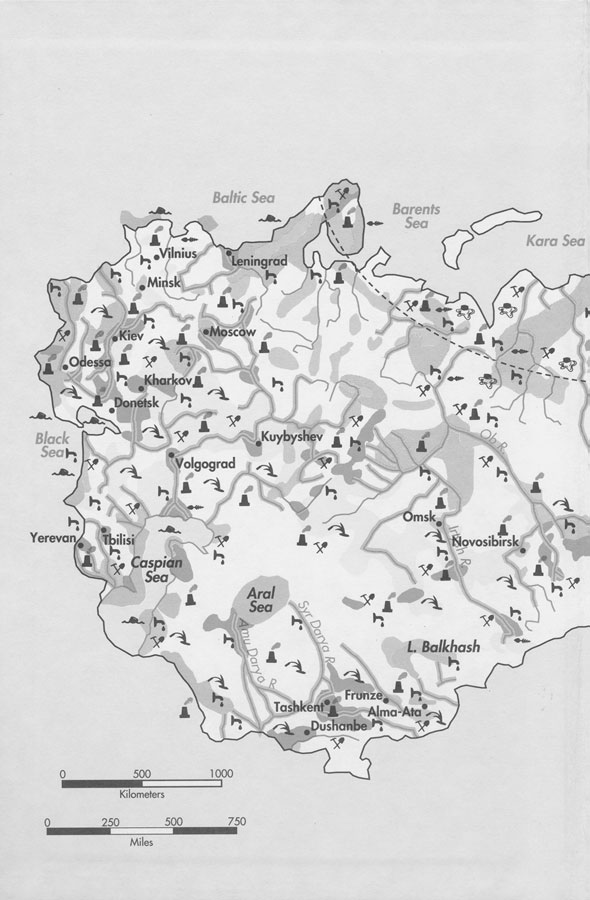Read Armageddon Averted: The Soviet Collapse, 1970-2000 Online
Authors: Stephen Kotkin
Tags: #Non-Fiction, #Politics, #History
Armageddon Averted: The Soviet Collapse, 1970-2000 (28 page)

218
notes
15 Jeremy R. Azrael and Alexander G. Rahr, ‘The Formation and Development of the Russian KGB, 1991–1994’, RAND, Santa Monica, CA, 1993; Knight,
Spies without Cloaks
; Remnick,
Resurrection
, 186–95.
16 Gordon B. Smith, ‘The Struggle over the Procuracy’, in Peter H. Solomon (ed.),
Reforming Justice in Russia
1864–1996
(Armonk, NY, 1996), 348–73.
17 Todd Fogelsong, ‘The Politics of Judicial Independence and the Administration of Criminal Justice in Soviet Russia, 1982–1992’, Ph.D. dissertation, University of Toronto, 1995.
18 Peter H. Solomon, ‘The Limits of Legal Order in Post-Soviet Russia’,
Post-Soviet Affairs
, 11/2 (1995), 89–114.
19 Kathryn Hendley, ‘Rewriting the Rules of the Game in Russia: The Neglected Issue of the Demand for Law’,
East
European Constitutional Review
, 8/4 (1999), 89–95.
20 Tim McDaniel,
The Agony of the Russian Idea
(Princeton, 1996). The author universalizes the agony of the now impoverished intelligentsia. Eternally apocalyptic, the intelligentisa finally lived to see the day it helped topple a system that had provided immense subsidies for culture and shielded it from the exigencies of the mass market.
7. Idealism and treason
1 See the candid, incisive testimony by the Reagan and Bush envoy to Moscow, Matlock,
Autopsy on an Empire
. Reagan came around much more quickly than did Bush.
2 Daniel Patrick Moynihan,
Secrecy: The American Experience
(New Haven, 1998).
3 Rather than Reagan’s earlier posture of confrontation, it was his later policy (‘Reagan II’) of deep détente that 219
notes
proved important, since it allowed Gorbachev considerable room unintentionally to destroy the system. But that, of course, had not been the aim behind Reagan’s policy reversal. His administration belatedly embraced Gorbachev because of the latter’s offer of asymmetrical Soviet cuts in arms control deals, made without holding to demands that the US relinquish its cherished, chimerical pursuit of Star Wars. On Reagan, see Gary Wills,
Reagan’s America: Innocents
at Home
(Garden City, NY, 1987), 358; Edward Tabor Linenthal,
Symbolic Defense: The Cultural Significance of the
Strategic Defense Initiative
(Urbana, IL, 1989), 9; and Frances Fitzgerald,
Way Out There in the Blue: Reagan, Star Wars, and
the End of the Cold War
(New York, 2000).
4 John Morrison (ed.),
Mikhail Gorbachev, an Intimate Biography
(New York, 1988), 59–60; Zdeneˇk Mlynárˇ, ‘Il mio compagno di studi Mikhail Gorbachiov’,
L’Unità
, 9 Apr.
1985; Gorbachev,
Memoirs
, 81–2.
5 Vladimir Bukovsky, ‘Who Resists Gorbachev?’,
Washington
Quarterly
, 12/1 (1989), 5–19.
6 For the disorientation, in practical policy terms that resulted, see Cherniaev,
Shest’ let
, 279–80.
7 Medvedev,
V komande Gorbacheva
, 76–7, 93–7.
8 During perestroika, Gorbachev painstakingly rewrote his long speeches to incorporate more Marxist-Leninist theory than even his apparatchik speech-writers included. He was the only General Secretary to make a pilgrimage to the place of Lenin’s Siberian exile. He also read Lenin constantly, particularly in the years up to 1989. Such actions were meant to put Gorbachev on Lenin’s level. They were also heartfelt. Boldin,
Ten Years
, 95; Volkogonov,
Autopsy for
an Empire
, 443. ‘The paradox of Gorbachev’, wrote 220
notes
Volkogonov, ‘can be simply expressed: the man who killed Communism was a convinced Communist’ (p. 474).
9 Having begun as a party-sanctioned, peasant-led de-collectivization of agriculture, the Chinese reforms evolved into a combination of abundant cheap labour from rural hinterlands, foreign capital funnelled partly through Hong Kong’s long-standing capitalist institutions and nearly unrestricted export access to the gigantic US consumer market (open access to which had also been a source of the Japanese and then South Korean ‘miracles’). As of 2001, China was continuing to press forward with capitalist institution building, but it had unstable mechanisms of political succession, and was also threatened over the medium term by far-reaching resource shortages and looming ecological catastrophe.
10 The only major open KGB insubordination took place in January 1991, in Boris Yeltsin’s home town of Sverdlovsk (Yekaterinburg), when officers refused to carry out what they regarded as their bosses’ retrograde orders, but within four months all sixty-four protesters had been fired.
Komsomol’skaia Pravda
, 8 May 1991; Shebarshin,
Ruka Moskvy
, 269.
11 Vadim Bakatin, USSR interior minister, had been officially transferring ministry personnel and property to republic jurisdiction before being replaced in late 1990. Valentin Pavlov,
Avgust iznutri
(Moscow, 1993), 31; Kriuchkov,
Lichnoe delo
, i. 437.
12 William E. Odom,
The Collapse of the Soviet Military
(New Haven, 1998), 297–8.
13 Matlock,
Autopsy
, 599, 656–3.
14 One scholar has written that, ‘historically, none of the 221
notes
overextended, multinational empires ever retreated to their own ethnic base until they had been defeated in a Great Power war’. In 1991, one did. Paul Kennedy,
The Rise
and Fall of the Great Powers: Economic Change and Military
Conflict from 1500 to 2000
(New York, 1987), 514.
15 By 1998, the money loaned to Russia’s government (as ‘aid’), was being earmarked solely to pay back previous IMF
loans. Despite receiving approximately $60 billion in loans during the 1990s (which compounded the inherited Soviet debt burden), Russia’s succession of administrations implemented few of the Western prescriptions that were supposedly hard-and-fast preconditions to qualify for the ‘aid’.
16 Murray Feshbach and Alfred Friendly, Jr.,
Ecocide in the
USSR: Health and Nature under Siege
(New York, 1992), 1.
17
Nuclear Successor States of the Soviet Union: Status Report on
Nuclear Weapons, Fissile Material, and Export Controls
(Monterey Institute of International Studies–Carnegie Endowment for International Peace, Mar. 1998). As of the end of 2000, one American journalist reported, the US
Department of Defense ‘Cooperative Threat Reduction’
programmes had helped deactivate 5,288 Russian missile warheads, destroy 419 long-range nuclear missiles and 367
silos, eliminate 81 bombers, 292 submarine missile launchers and 174 submarine missiles, and seal 194 nuclear test holes and sites in Russia and other former Soviet republics.
Judith Miller, ‘U.S. Reviewing Aid Meant to Contain Russia’s Arsenal’,
New York Times
, 29 Mar. 2001. Russia still had at least 6,000 operational long-range nuclear weapons, in addition to bomb-grade fuel for making tens of thousands more.
222
notes
18
Eliminating a Deadly Legacy of the Cold War: Overcoming Obstacles to Russian Chemical Disarmament
(Monterey–Moscow Study Group on Russian Chemical Disarmament, Jan.
1998). Even if secured from theft or rogue sale, Russia’s chemical weapons, stored at seven known sites, posed enormous health risks. David Hoffman, ‘Chemical Dumps Expose Russia to Big Health Risks’,
Washington Post
, 16 Aug.
1998. The US inventory of 32,000 tons of chemical weapons was being destroyed at an estimated cost of $13
billion.
19 Ken Alibek with Stephen Handelman,
Biohazard
(New York, 1999).
20 Matthew Bunn, Oleg Bukharin, Jill Cetina, Kenneth Luongo, and Frank von Hippel, ‘Retooling Russia’s Nuclear Cities’,
Bulletin of the Atomic Scientists
, 54/5 (1998), 44–50.
21 John B. Dunlop,
The Faces of Contemporary Russian Nationalism
(Princeton, 1983), p. ix. Dunlop advised US policymakers to add Russia to the list of ‘captive nations’ within the Soviet Union (pp. 286–7), anticipating Boris Yeltsin’s Union-busting campaign.
22 None of the three countries admitted to NATO in the 1990s (Poland, Czech Republic, Hungary) completed supposedly mandatory military reforms before their admission.
Nor did they do so afterwards. But, unlike NATO, the EU
would not allow membership without transformation of institutions, from courts and the corpus of laws to accounting practices and financial systems. It remained to be seen whether the above leading accession countries would manage to meet EU requirements, or whether their EU
admission would be further postponed.
223
notes
23 See William Thomas Stead,
The Americanization of the World,
or, The Trend of the Twentieth Century
(New York, H. Markley, [1902]), who expressed anxiety about the future of the mighty British Empire, and, on the basis of ‘racial’ affinity, advocated ‘merging’ with the US; otherwise, he warned that Britain would be faced with ‘our suppression by the United States as the centre of gravity in the English-speaking world . . . and the ultimate reduction to the status of an English-speaking Belgium’ (p. 396).
224
This page intentionally left blank
3 World national income statistics

4 Russia’s doomsday complex


